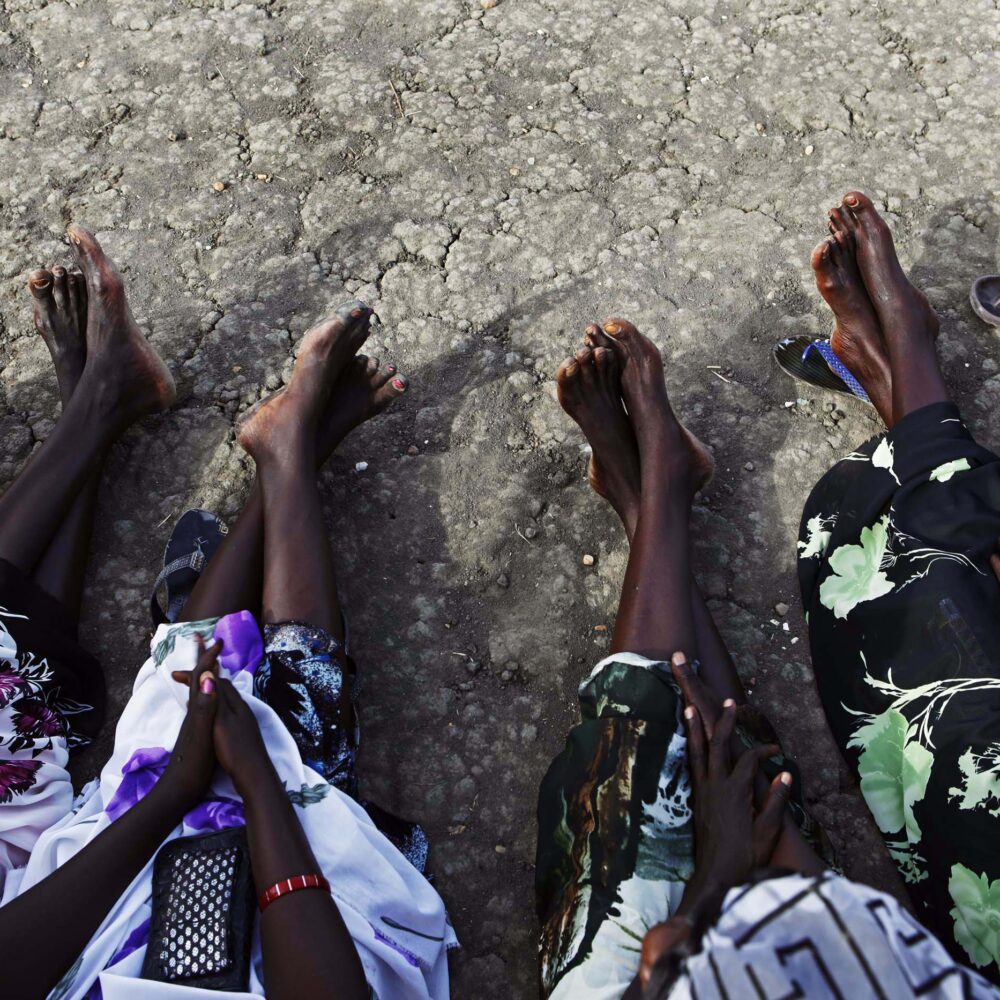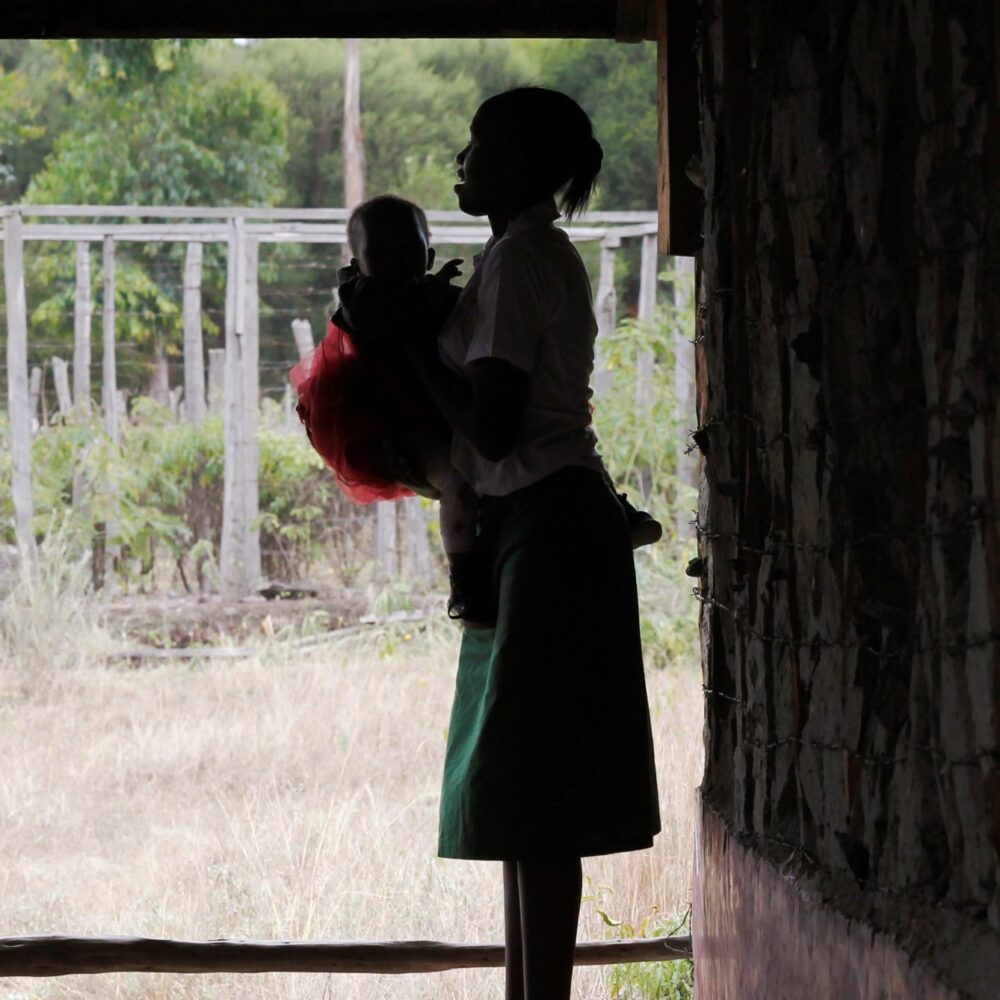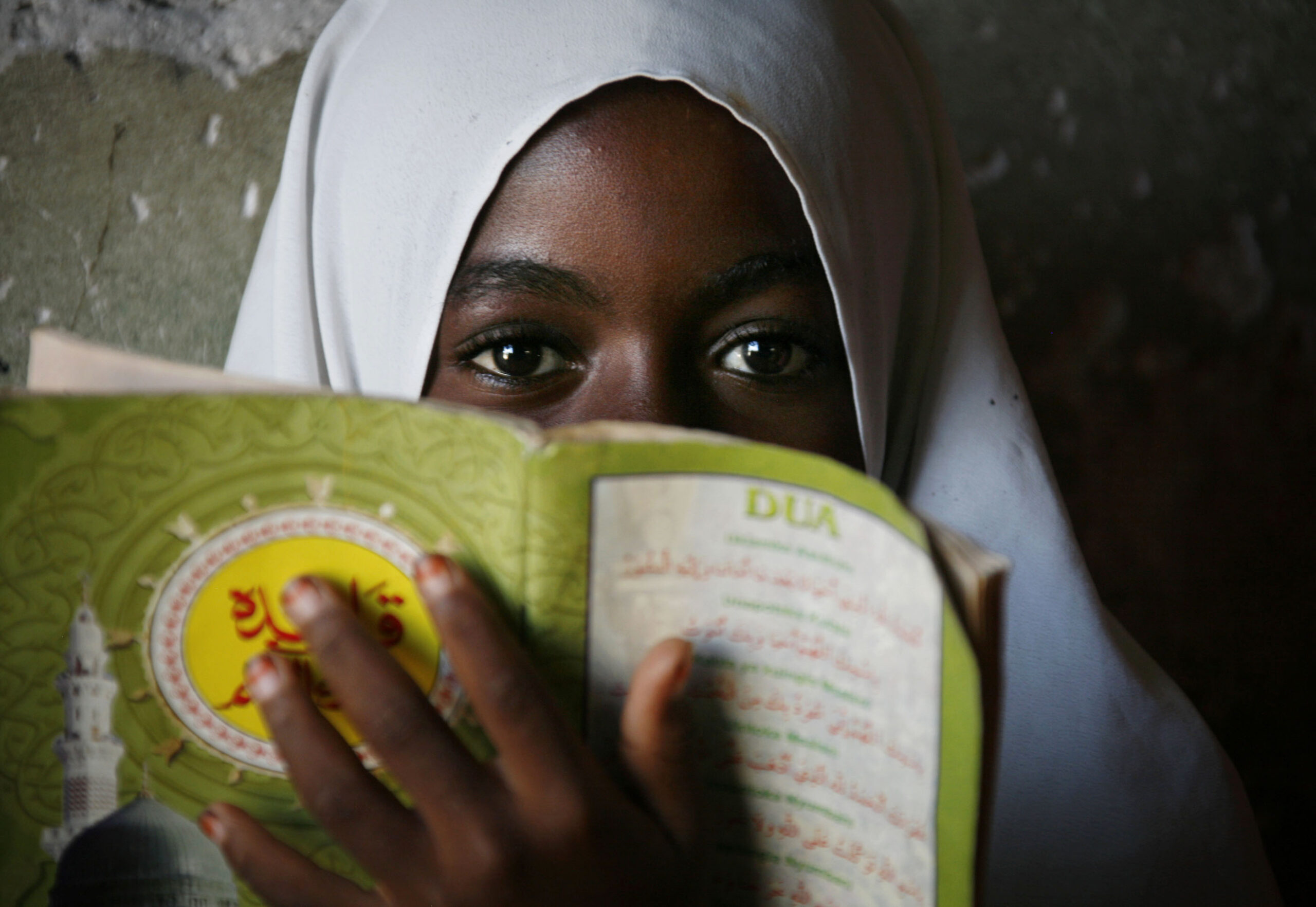Across Africa, girls are being expelled from high school on the ground that they are pregnant or married, and not allowed to re-enter to complete their studies. Given high rates of child marriages and pregnancies, these expulsions affect huge swathes of the population. They cause severe and long-term harm by preventing young women from obtaining a high school degree and limiting their development and earning potential. In cases where the girls involved did not become married or pregnant by choice, educational bans cause aggravated harm, stigmatization and revictimization.

For instance, Tanzania has one of the highest rates of adolescent pregnancies and child marriage in the world – with one in three girls getting married before they turn 18 and one in four girls between the ages of 15 and 19 becoming pregnant. Ultimately, fewer than one third of girls in Tanzania who start primary school complete lower secondary school.
And the long-term impact is significant: girls who drop out of school early are more likely to have poor health, larger families with higher infant mortality rates, lower salaries and be subjected to intimate partner violence. The expulsions also affect a large number of girls who are pregnant as a result of sexual violence.

CFJ is working with female advocates in Africa to challenge such discriminatory practices. In 2021, we challenged Tanzania’s policy of banning married and pregnant girls from school in a landmark case before the African Court of Human and Peoples’ Rights, only the second case to come before the Court dealing with women’s rights. Working with Equality Now, we hope to file legal challenges to similar laws or practices in other countries.
